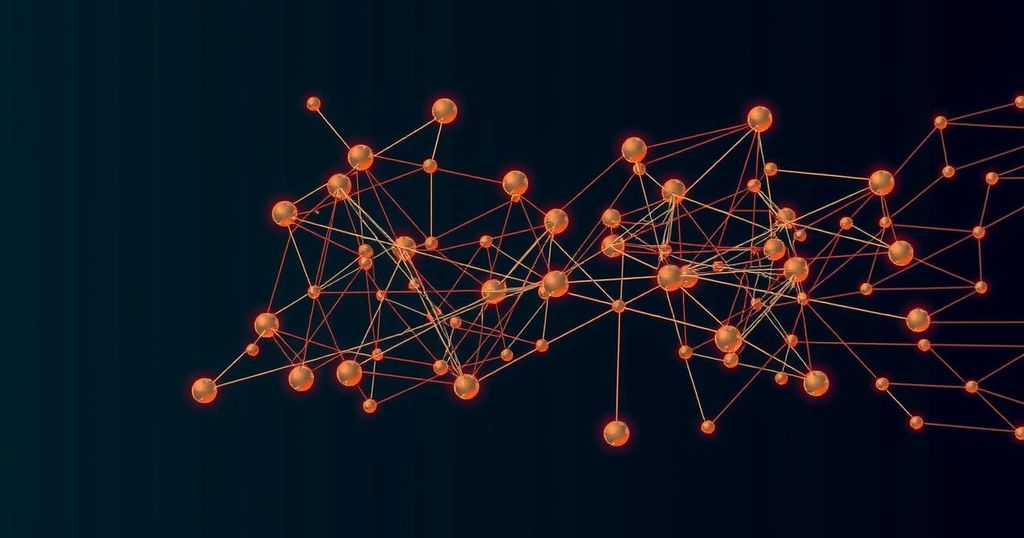Understanding Hard Forks: The Fork in the Blockchain Path
A hard fork is a significant change in blockchain programming that creates a new version and cryptocurrency while maintaining the original. Users must choose whether to upgrade to the new blockchain or remain on the old version. Hard forks may occur due to community disagreements, necessary updates, or new blockchain creations, often leading to diverging paths in the crypto ecosystem.
In the realm of blockchain technology, a hard fork represents a significant shift—imagine a grand divergence on a bustling highway where one lane veers dramatically off into new territory. This occurs when a blockchain undergoes a programming change that is incompatible with its previous version, effectively spawning a new cryptocurrency alongside the original. Users who wish to continue on this new path must upgrade their software, while others can opt to remain on the older, unmaintained version.
Hard forks may arise from various scenarios: routine enhancements demanded by developers, ideological splits within the community, or attempts to create entirely new blockchain systems. Like a ship’s crew, the participants—often many in number—must unanimously agree to the new course; if they don’t, the old ship sails on, leaving some behind in the storm of innovation.
When the decision to fork is made, it is crucial to understand two distinct paths emerge. The original blockchain persists, continuing its journey on established protocols, while the new fork begins its own saga. Hordes of token holders from the original blockchain will not only retain their assets but also gain tokens from the fork. Yet, a choice must be made: to adapt to the lashed-together future of the new blockchain or to stay rooted in the past.
A vivid historical example comes from the Ethereum blockchain’s hard fork following a devastating hack of the Decentralized Autonomous Organization (DAO). Out of necessity, the Ethereum community convened, nearly unanimously agreeing to reverse the transactions that had drained millions. This decision not only safeguarded the interests of many token holders but ultimately led to the creation of two distinct blockchain paths: Ethereum and Ethereum Classic, akin to twin rivers flowing from a single source.
So, what does it mean to experience a hard fork? Dive deep, and you’ll find it to be more than just a technical change; it symbolises a community’s struggle, vision, and resilience. Whether a hard fork is perceived as beneficial or detrimental often depends on personal outlooks and the objectives of the involved parties, illustrating the ever-shifting landscapes of digital ideologies and ambitions.
Hard forks serve as a fascinating mechanism for change and evolution within the blockchain ecosystem. Blockchain, at its core, is a complex program designed to create and maintain secure digital ledgers across decentralised networks. When developers or communities seek to innovate or rectify issues with the existing blockchain, they might initiate a hard fork, allowing them to explore new ideas and address critical challenges without being restricted by the previous code. This capability promotes diversity within the blockchain space, enabling numerous cryptocurrencies to emerge, each reflecting specific philosophical or technical innovations.
In summary, hard forks embody transformative events in the blockchain world, catalysing both innovation and division. They illustrate the dynamic nature of technology and community interests, offering a glimpse into the challenges and choices faced by digital currency holders. Whether driving necessary updates or caused by philosophical disagreements, hard forks highlight the duality of progress: embracing the new while grappling with the legacy of the old. The splintered paths of blockchains like Bitcoin Cash and Ethereum Classic testify to this ongoing journey of exploration and adaptation in a rapidly evolving digital domain.
Original Source: www.investopedia.com




Post Comment